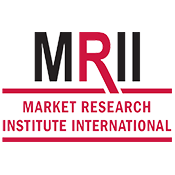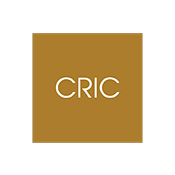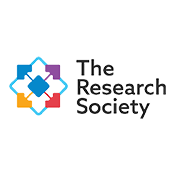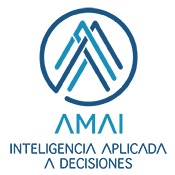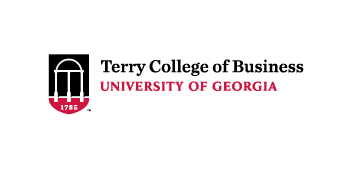Free webinars + stay connected
Access our most recent webinars with leading thinkers in the world of market research and stay informed about new courses and upcoming events by joining our mailing list.
About this course
Learning objectives
After completing this course you should be able to:
- Describe the role of the market researcher as a consultant and source of market information.
- Describe the material review and analytic processes required as the foundation of an effective report and presentation with emphasis on data synthesis.
- Name at least three elements of effective oral presentations.
- Give examples of actionable, business-oriented recommendations and contrast those with examples that are not actionable or business-oriented.
- Contrast the differences between presenting facts and opinions and how each should be handled in a research presentation.
- Identify options available for online reporting and the implications for both the researcher and the client.
- Describe the role and appropriate use of graphics in business presentations, from the typical types of graphs used as well as newer techniques (infographic and visualizations).
- Describe how to present findings in a manner consistent with the client’s culture.
- Describe effective presentation techniques for sharing complex statistics with business audiences who are not statistically oriented.
- Describe the advantages and disadvantages of integrating findings and results from multiple sources into your presentation.
- Explain the difference between a report and a presentation, describing the level of detail that is typically required for different audiences.
- Discuss the ethical issues related to the reporting and interpretation of research findings.
Who should attend?
- Market researchers in client-facing roles looking to advance their careers.
- Client-side researchers responsible for synthesizing and disseminating research results within their companies.
- Mid-level staff seeking to expand their skillset.
- Experienced researchers looking to catch up with the latest developments in communicating market research findings.
- Corporations seeking professional development options for their internal training portfolio.
- Suppliers seeking courses for new-employee onboarding.
- Mid-level professionals wanting to expand their skillsets beyond population sampling, data collection, and analysis of data subsets.
- People just entering the research field who want to understand the full process of market research from beginning to end.
Continuing Education Information
Students successfully completing graded components earn a Digital Badge (Opens in a new window) and 1.0 University of Georgia Continuing Education Unit (Opens in a new window) (CEU) from The University of Georgia.
As a graduate of the course you will be recognized by industry associations, employers, peer groups and other professionals as understanding how to translate your research findings into reports and presentations that grab your audience’s attention, address the business decision your client needs to make, and offer sound and useful recommendations. This recognition will help you advance in your company and the industry.
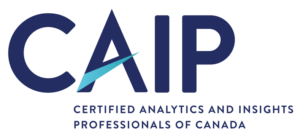
CAIP Canada (Opens in a new window) also recommends the course for candidates looking to fill in the gaps or gain a refresher in specific areas.
Requirements & policies
Schedule
Enroll at any time and complete the course’s required graded components within 30 days.
Fees & funding information
$359 – Standard Fee
$329 – Association Discount (Members* of: Insights Association; ESOMAR; Canadian Research Insights Council, The Research Society, Intellus Worldwide, QRCA, AMAI, WAPOR-Latinoamérica, MRII Board of Directors, UGA MMR Advisory Board.)
$50 – One-Month Extension (only one extension is granted per participant)
*Membership will be verified.
Prepayment is required to be registered. The prices listed are per person (US Funds).
Cancellation or refund
We will issue a refund, minus a $100 processing fee, if you have not accessed the online course. All cancellation and refund requests must be sent via email to gc-student@uga.edu no later than seven (7) days after your course access information is issued.

Technology
Take advantage of the different features (PDF files, URLs/links to external websites, animated exercises, audio and video clips) you should use a browser such as Chrome (Opens in a new window), Firefox (Opens in a new window), Microsoft Edge (Opens in a new window), or Safari (Opens in a new window) and a fast internet connection provide the best experience. The online platform supports many popular web browser versions. To find out if your computer’s current software configuration is compatible, see System & Software Requirements (Opens in a new window).
Prerequisites
There are no prerequisites for enrolling in Communicating Research Results.
Textbook
Suggested (not required)
Malhotra, Naresh K., Essentials of Marketing Research: A Hands-On Orientation, Pearson Education: Upper Saddle River, NJ. ISBN-13: 978-0-13-340182-0 (digital subscription edition)
Included in the online course are suggested reading assignments from the above textbook. These readings are not required content and will not be part of the testing for the course. The textbook suggestions are simply intended to add additional depth to your understanding of the topic.
People & organizations
Author
C. Frederic (Fred) John – Founder and Principal, Consilience Research & Consulting, LLC
Fred stumbled into the market research profession nearly 40 years ago and never found the exit. He worked for many years on the research company side, including as a Partner at Yankelovich Partners, where he managed the global network and ran a custom research group. In 2001 he crossed to the client side when he joined the global research team at MasterCard Worldwide. He set up his own consultancy in 2012. Throughout his career he has specialized in B2B, corporate reputation, and financial services. Fred has been an active member of ESOMAR, serving on the Council for four years, two as Vice-President. Fred has just published “Storytelling and Market Research: A Practical User Guide (Opens in a new window)” to address what he feels is the most neglected aspects of market research: the deliverable. Many research reports and presentations fail to meet client expectations and tend to be deadly dull. The solutions proposed include identifying and showcasing the essential learning of a study and crafting a narrative using storytelling techniques. The book provides concrete ways to achieve these goals and a detailed analysis of why stories can have such a powerful impact. He is a frequent contributor to professional publications, speaker at conferences and offers training workshops on professional skills such as insights identification and the use of storytelling techniques. His latest articles are “A New Typology of Market Research” and “10 Heresies in Market Research,” both appearing in Quirks Magazine.

Supporting associations
Founding Organizations
Proud Corporate Sponsors of MRII
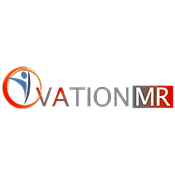 (Opens in a new window)
(Opens in a new window) (Opens in a new window)
(Opens in a new window) (Opens in a new window)
(Opens in a new window) (Opens in a new window)
(Opens in a new window) (Opens in a new window)
(Opens in a new window)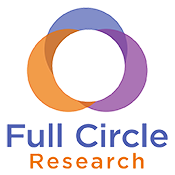 (Opens in a new window)
(Opens in a new window) (Opens in a new window)
(Opens in a new window) (Opens in a new window)
(Opens in a new window) (Opens in a new window)
(Opens in a new window)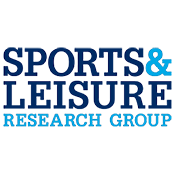 (Opens in a new window)
(Opens in a new window) (Opens in a new window)
(Opens in a new window) (Opens in a new window)
(Opens in a new window) (Opens in a new window)
(Opens in a new window) (Opens in a new window)
(Opens in a new window) (Opens in a new window)
(Opens in a new window)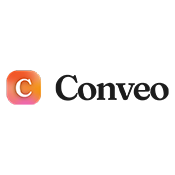 (Opens in a new window)
(Opens in a new window)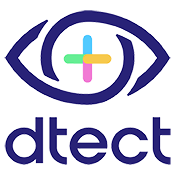 (Opens in a new window)
(Opens in a new window) (Opens in a new window)
(Opens in a new window) (Opens in a new window)
(Opens in a new window)Supporting Organizations
Prices, course details, dates, and times are subject to change.
Contact us + FAQs
FAQs
View the most frequent questions asked by our learners
Financial and Military Assistance
Find out which programs are eligible for assistance
Accommodations
View our accommodation policy


